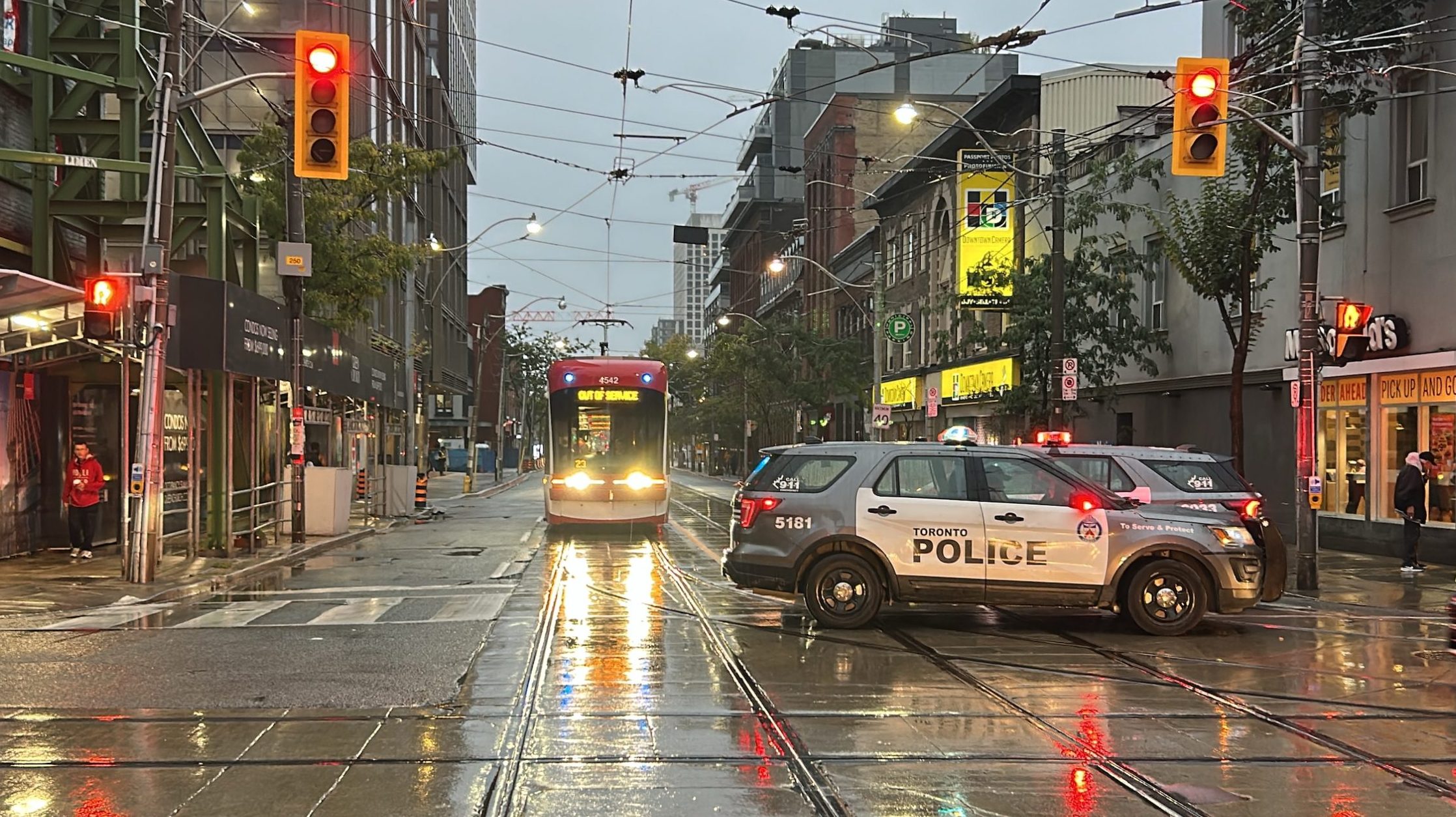As the trade war sparked by Donald Trump’s tariffs rages on, Canada’s lumber industry is pushing back on U.S. claims that a $1.2 billion aid package announced last month amounts to an unfair subsidy for Canadian softwood.
“I don’t think those claims hold any water,” said Kurt Niquidet, president of the B.C. Lumber Trade Council.
The aid package announced by Prime Minister Mark Carney last month includes $500 million in funding to help Canadian lumber producers diversify away from dependency on the American market, and $700 million in loan guarantees to help producers restructure.
In a public letter earlier this month, the U.S. lumber industry’s main trade association blasted the aid package.
“Prime Minister Carney simply decided that Canada would heap even more subsidies onto Canada’s lumber industry, announcing $1.2 billion of additional support beyond the subsidies that the Department of Commerce has already countervailed,” said Zoltan van Heyningen, executive director of the U.S. Lumber Coalition.
The American argument is undercut, however, by the fact that export aid and loan guarantees are both used by various levels of government to support the U.S.‘s own lumber industry, said Niquidet.
“They have a lot of state and local government support,” said Niquidet. “There are a lot of tax incentives.”
The head of Ontario’s main lumber industry association said Trump’s trade war, including an investigation into whether Canadian lumber poses a national security threat to the U.S., left Carney with no choice.
“It is important to keep in mind that measures taken by Prime Minister Carney are in response to unjustified and illegal trade practices being advanced by the United States and a historically high duty rate of 35 per cent on Canadian lumber,” said Ian Dunn, president and CEO of the Ontario Forest Industry Association.
“The U.S. administration has sent a clear signal. Canadian producers and governments are left with no choice but to develop new markets, including supplying the Canadian domestic market with homebuilding materials. We fully support Canada’s strategy while continuing to work towards a settlement of the dispute.”
While the U.S. has been battling Canada’s softwood lumber sector for decades, in 2017 it began levying anti-dumping duties against Canadian lumber imports. This year, it boosted those duties to 35 per cent, marking a significant escalation. The U.S. has also launched a national security investigation under Section 232 of the U.S. Trade Expansion Act, the same legal weapon that led to import tariffs on steel, aluminum and automotive parts.
The national security probe, said Niquidet, is uncharted territory for an industry long used to U.S. trade grief.
“The section 232 is a real unknown and we’ve never faced one before. That’s probably the biggest threat and the most uncertain,” said Niquidet.
If Canada reached a broader trade deal with the U.S., Niquidet is hopeful that duties and tariffs on softwood lumber will disappear completely, but he’s not holding his breath.
“The best-case scenario would be a free-trade scenario but I don’t think anyone expects that,” said Niquidet.
Earlier this month, Canada dropped a pair of legal challenges to some of the anti-dumping duties, but Niquidet said it’s not a retreat from the trade battle.
“It was something the industry supported,” Niquidet said. “These are long, drawn-out processes. We had to weigh the costs and benefits. We thought it would be best to focus our efforts elsewhere.”
A spokesperson for Global Affairs Canada said the decision to drop the challenges doesn’t mean Canada is backing down.
“Canada continues to strongly believe that U.S. anti-dumping duties on softwood lumber are unfair, unjustified and inconsistent with U.S. law,” the spokesperson said. “Canada will continue to actively pursue its other challenges with respect to U.S. duties, including six pertaining to U.S. anti-dumping duties, and engage with the U.S. administration to find a mutually beneficial negotiated outcome to the softwood lumber dispute.”



